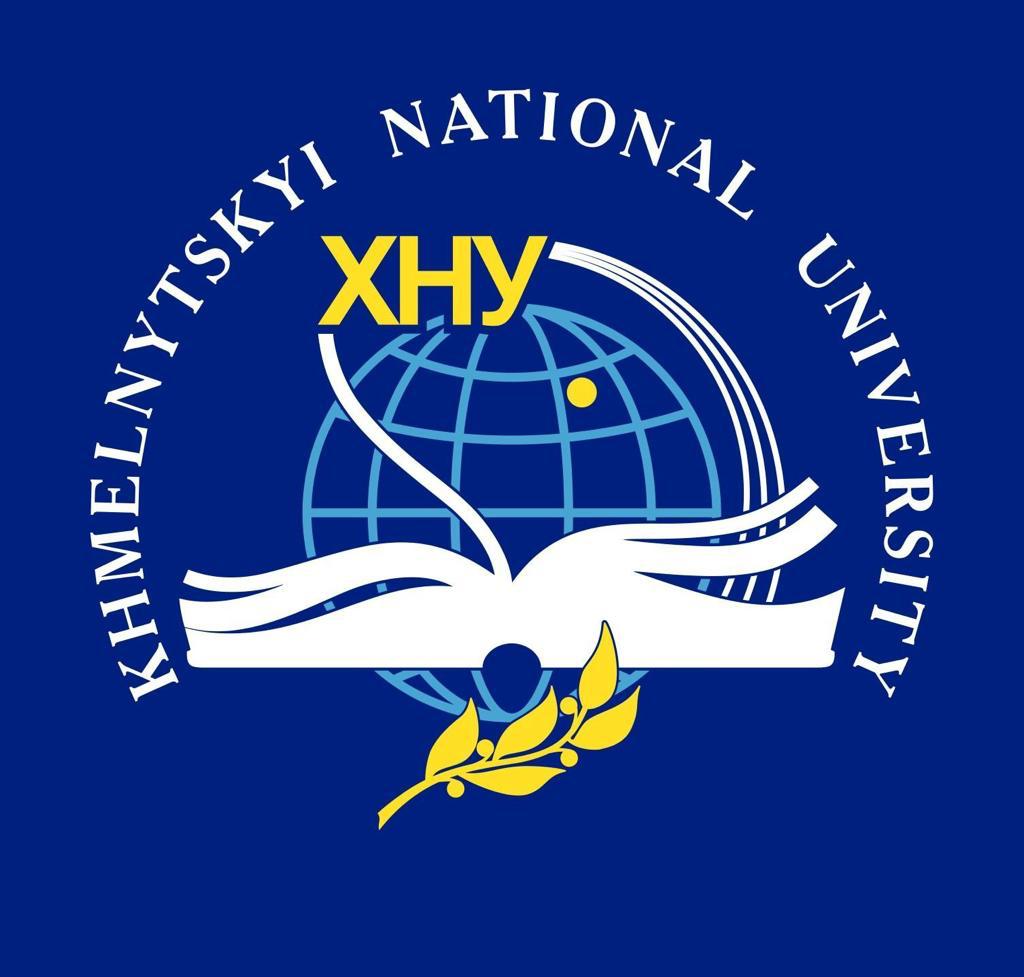INTEGRATION OF DIGITAL TECHNOLOGIES IN ADULT EDUCATION: DIGITAL COMPETENCE OF SCIENTIFIC AND PEDAGOGICAL STAFF OF HIGHER EDUCATION INSTITUTIONS
DOI:
https://doi.org/10.31891/pcs.2024.4.25Keywords:
digital technologies, integration, adult education, scientific and pedagogical workers, higher education institutions, digital competenceAbstract
The review article pays special attention to the development of digital competence of scientific and pedagogical workers of higher education institutions to ensure the successful integration of digital technologies into the educational process. The main trends and challenges that accompany the introduction of digital technologies into adult education are considered. The importance of the use of digital technologies by teachers of higher education institutions is emphasized, as well as the rapid development of information technologies, which affects the educational process of higher education institutions, and the digital competence of scientific and pedagogical workers is a necessary component of their professional activities. The use of digital technologies by scientific and pedagogical staff of higher education institutions over the past five years has been analyzed. The impact of the rapid development of information technologies on the educational process is highlighted, it is proven that the digital competence of scientific and pedagogical workers is a necessary component of their professional activities, plays a huge role in modern education and consists of such aspects as ensuring access to information, developing new teaching methods, improving the quality of teaching, and preparing for a future career. It has been proven that today in adult education, without digital competence, a teacher and a student will not be able to achieve the expected effectiveness of their activities, in particular, understanding the essence of the tasks and the problems being solved; gaining experience in their field; the ability to choose means and methods of activity adequate to the specific circumstances of place and time; a sense of responsibility for the results obtained; the ability to learn from mistakes and make adjustments in the process of achieving the goal; resistance to stress and failures, their prediction and avoidance in work and life.
References
Kolesnikova I.V. Orlova O.A.(2023). Rozvytok pedahohiv v umovakh tsyfrovizatsii osvity. URL: http://www.innovpedagogy.od.ua/archives/2023/64/part_2/35.pdf. (In Ukrainian). (Data zvernennia 2 hrudnia 2024).
Michael Fullan The New Pedagogy: Students and Learning in the Digital Age. Vol 6 No 2 (2013): Teaching and Learning in the Digital World: Possibilities and Challenges. URL: https://learninglandscapes.ca/index.php/learnland/article/view/Commentary-The-New-Pedagogy-Students-and-Teachers-as-Learning-Partners. (in English).
Pro zatverdzhennia Typovoi prohramy pidvyschennia kvalifikatsii pedahohichnykh pratsivnykiv z rozvytku tsyfrovoi kompetentnosti: Nakaz Ministerstva osvity i nauky Ukrainy vid 10.12.2021 r. № 1340 URL: https://mon.gov.ua/ua/npa/pro-zatverdzhennya-tipovoyi-programi-pidvishennya-kvalifikaciyi-pedagogichnih-pracivnikiv-z-rozvitku-cifrovoyikompetentnosti. (In Ukrainian). (Data zvernennia 25 lystopada 2024).
Stojka O., Matejchuk D.(2023). Suchasni pidkhody do vprovadzhennia tsyfrovykh tekhnolohij v osvitnij protses ZVO. Aktual'ni pytannia humanitarnykh nauk. Vyp. 62, tom 2, S. 297-301 URL: https://dspace.uzhnu.edu.ua/jspui/bitstream/lib/52690/1/48%20%281%29.pdf. (In Ukrainian). (Data zvernennia 25 lystopada 2024).
Shyshenko I. (2022). Deiaki aspekty vplyvu tsyfrovykh tekhnolohij na osvitnij protses zakladiv vyschoi osvity: ohliad problem ta vyklykiv. Osvita. Innovatyka. Praktyka. № 10(5). S. 42–47 URL: https://doi.org/10.31110/2616-650Xvol10i5-006.(In Ukrainian). (Data zvernennia 30 lystopada 2024).
Kaliuzhna T. (2024). Udoskonalennia tsyfrovoi kompetentnosti naukovo-pedahohichnykh pratsivnykiv zakladiv vyschoi osvity: andrahohichnyj aspekt In: Merezheva vzaiemodiia Instytutu pedahohichnoi osvity i osvity doroslykh imeni Ivana Ziaziuna NAPN Ukrainy ta zakladiv osvity Ukrainy i zarubizhzhia: materialy Zvitnoi naukovo-praktychnoi konferentsii Instytutu pedahohichnoi osvity i osvity doroslykh imeni Ivana Ziaziuna . TOV «Talkom», m. Kyiv, Ukraina, рр. 90-92 URL: https://lib.iitta.gov.ua/id/eprint/742618/. (In Ukrainian).
Camilleri, M., & Camilleri, A. (2017). The Technology Acceptance of Mobile Applications in Education. 13th International Conference on Mobile Learning. URL:
Ghavifekr, S., & Rosdy, W.A.W. (2015). Teaching and learning with technology: Effectiveness of ICT integration in schools. International Journal of Research in Education and Science (IJRES), 1(2), 175-191. URL: https://eric.ed.gov/?id=EJ110522. (in English).
Myronova L., Briukhovets'ka I., Semeniako Yu. (2023). Tsyfrova kompetentnist' pedahoha iak vazhlyva skladova pidhotovky zdobuvachiv do suchasnoho svitu. URL: http://www.innovpedagogy.od.ua/archives/2023/59/50.pdf. (In Ukrainian). (Data zvernennia 28 lystopada 2024).
Samko A. (2023). Tsyfrova kompetentnist' pedahohichnoho personalu v systemi pisliadyplomnoi pedahohichnoi osvity. URL: https://lib.iitta.gov.ua/id/eprint/726326/1/3_%D0%A1%D0%B0%D0%BC%D0%BA%D0%BE%20%D0%90.%D0%9C.pdf. (In Ukrainian). (Data zvernennia 25 lystopada 2024).
Downloads
Published
How to Cite
Issue
Section
License
Copyright (c) 2024 Тетяна КАЛЮЖНА

This work is licensed under a Creative Commons Attribution 4.0 International License.





